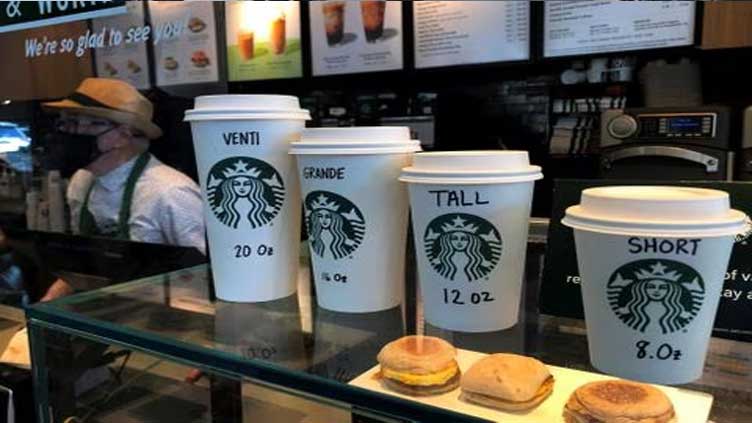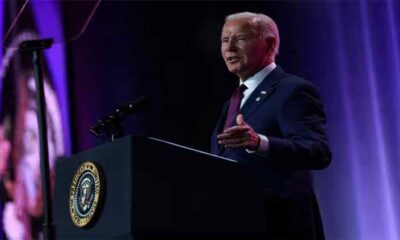From robotic grills to faster blenders with custom ice and milk dispensers, major U.S. restaurant chains including Starbucks, Domino’s (DPZ.N), and Chipotle (CMG.N) are touting new technologies to automate production, cut labor costs and potentially boost profit margins.
Starbucks said it plans to roll out a coffee-making machine, the Siren System, in around 10% of its stores starting next year. Starbucks claims that baristas using the machine will be able to produce drinks with less time and fewer steps, making a grande mocha frappucinno in 36 seconds rather than 87 seconds.
With mass shortages of low-cost labor due to the pandemic, chains shifted to technology investments in their kitchens to fill the gap. The addition of automation tools in restaurant chains could cut down on wait times, driving higher consumer engagement and increasing sales for the rest of the year, restaurant executives say.
Starbucks Chief Financial Officer Rachel Ruggeri said Tuesday that the coffee chain envisions “a more stabilized production environment, which will help drive margin expansion well into the future.”
Around 58% of restaurant operators said the use of automation and tech to help address labor shortages will become more common this year, according to a report by the National Restaurant Association in February.
Thirty-six percent of 1,000 U.S. people told HungerRush in a survey in May that they believed major restaurant chains don’t have enough staff to take orders, prepare food, and handle deliveries.
“Now most consumers expect their local pizza place and their favorite coffee house to remember their last order, know what credit card they want to use, and make it quick and easy for them to complete an order,” said Aaron Nilsson, chief information officer of Jet Pizza, a Michigan-based chain that recently launched an AI-powered phone bot for taking pizza orders. “Society has moved on and automation is expected – even from the small-time operator.”
Chipotle introduced a robotic prototype in July that cuts and peels avocados to reduce prep time by 50% and help employees prepare orders faster. The Colorado-based chain also rolled out a dual-sided grill, which cooks 70% faster than the average employee, to 10 high-volume locations, Chipotle CEO Brian Niccol said during an earnings call last week.
Domino’s has launched several automation projects over the past years. In 2021, Domino’s released a pizza delivery robot car in selective stores at its Houston locations. Last year, Domino’s Pizza Enterprises announced an automated pizza prep device in partnership with Picnic Works, a Seattle-based food automation startup.
Domino’s also added an automated supply chain center in Indiana with machines that make batches of dough. The center, which opened in March, will service Domino’s shops throughout Indiana, Illinois, Michigan and Wisconsin.
“Anytime there’s new automation, it creates new kinds of jobs,” said Gaurav Kachhawa, chief product officer at Gupshup, a conversational messaging platform. “It’s not going to be net shrinking. I think it’s going to be expanding the overall economy and its efficiency.”
Post Views: 129


 Fashion3 months ago
Fashion3 months ago
 World3 months ago
World3 months ago
 World3 months ago
World3 months ago
 Sports2 months ago
Sports2 months ago
 Sports2 months ago
Sports2 months ago
 World3 months ago
World3 months ago
 Tech3 months ago
Tech3 months ago
 Business2 months ago
Business2 months ago



















